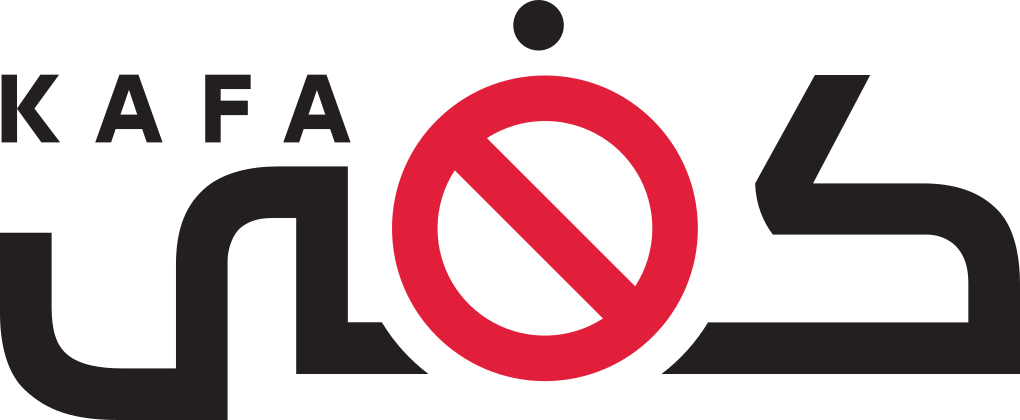Why Language Matters-October 17 Thawra
I write while the Lebanese October 17th protests – ‘Thawra’- is still ongoing on the streets from the north to the south of Lebanon. Since day one, women were on the front lines, protesting their corrupted system, raising their voices by leading chants in the streets, organizing themed protests, forming buffer zones between military men and the rest of protesters to ensure peace, and even kick armed men in the nuts who threatened to open fire on protesters.
“The Revolution is a woman”?
We may not realize it, but we are used by language almost as much as we use language. We are however aware that women experience linguistic discrimination when talked about, recognized or even documented in history. For example, in Lebanon, a country that one might assume is considered more progressive than its neighboring countries in the Arab Region, women still face a raft of discriminative laws and suffer from sexism, harassment and injustice. For years, the Lebanese national anthem would start with the following verses;
“All for the country, for the glory, for the flag
From the beginning of centuries, our pencil and sword
Our field and mountains are making the men… “
However, during the revolution there were initiatives happening in the streets where both men and women would sing the national anthem in harmony, but with a respectful addition that was long worthy to be mentioned and sang about proudly. The update goes like the following;
As I am writing, this new addition is not official yet, but the Lebanese protesters have already started chanting it and adopting the new addition while marching, camping and celebrating in the streets. Usually, language used in national anthems portray a sense of harmony and unity and inspire the people to have a strong sense of loyalty and pride. It helps create a common identity among people living in the same country. Being inclusive to both men and women in the Lebanese National Anthem may not be enough by itself, but it is a tile in the mosaic of progress, it is a step towards change.
Can we attempt to erase social inequalities by changing linguistic disparities, only?
Why is it not enough?
The streets of Lebanon these past weeks have strongly shown us that the role of women during the revolution is inspirational. Women led the movement, be it a student, teacher, doctor, mother, migrant or domestic worker. Women have protected the revolution from machinations of the authority. If this Thawra is about “righting” “the wrongs”, fighting sectarianism, and corrupted governance, we should also be able to recognize that the women of this country are facing the injustices of the patriarchal and sectarian system that is quiet discriminatory, a system that treats these amazing women in a degrading manner and forbids them from enjoying their basic human rights.
“The revolution is a woman”?
They say “ The revolution is a woman” do they mean that she is a Lebanese mom who does not have the right to pass the Lebanese nationality to her children, or a domestic worker that works under the unjust system of “kafala”, or a Palestinian or Syrian refugee in a country that tells her that she has no rights here, or a farmer that the Lebanese labor law tells her that it will not be taking care of her when she falls sick or grows old, or a beaten woman from family male members, or a divorced woman who may not be able to have custody over her own children due to some religious judgments made by an unjust sectarian system.
Challenges brought on by Lebanon’s poor public services where the rights of neglected categories like; domestic migrant workers, refuges, and sexual minorities get lost in the middle.
Okay so it is منبت للنساء والرجال now .. but does it give equal rights to both?
Just as much as the popularity and influence of such street messages and initiatives speak to the empowered role women are playing and plays a major role in debunking both the orientalist gaze of the Lebanese women as in need of being spoken of and the patriarchal tropes of women as passive and submissive actors. Thus, we may need to recognize women even louder once the movement is over. If the Thawra is a woman, then her right to pass nationality to her children must be guaranteed just as much as her fellow brother in this land. Lebanon must adopt a personal status law that falls under a civil system, far far away from the jurisdiction of religious courts. In other words, there must be a civil code to deal with matters of personal status such as, marriage, divorce, custody, alimony, inheritance, etc. Only then, the anthem would speak its truth and represent the nation fairly.
